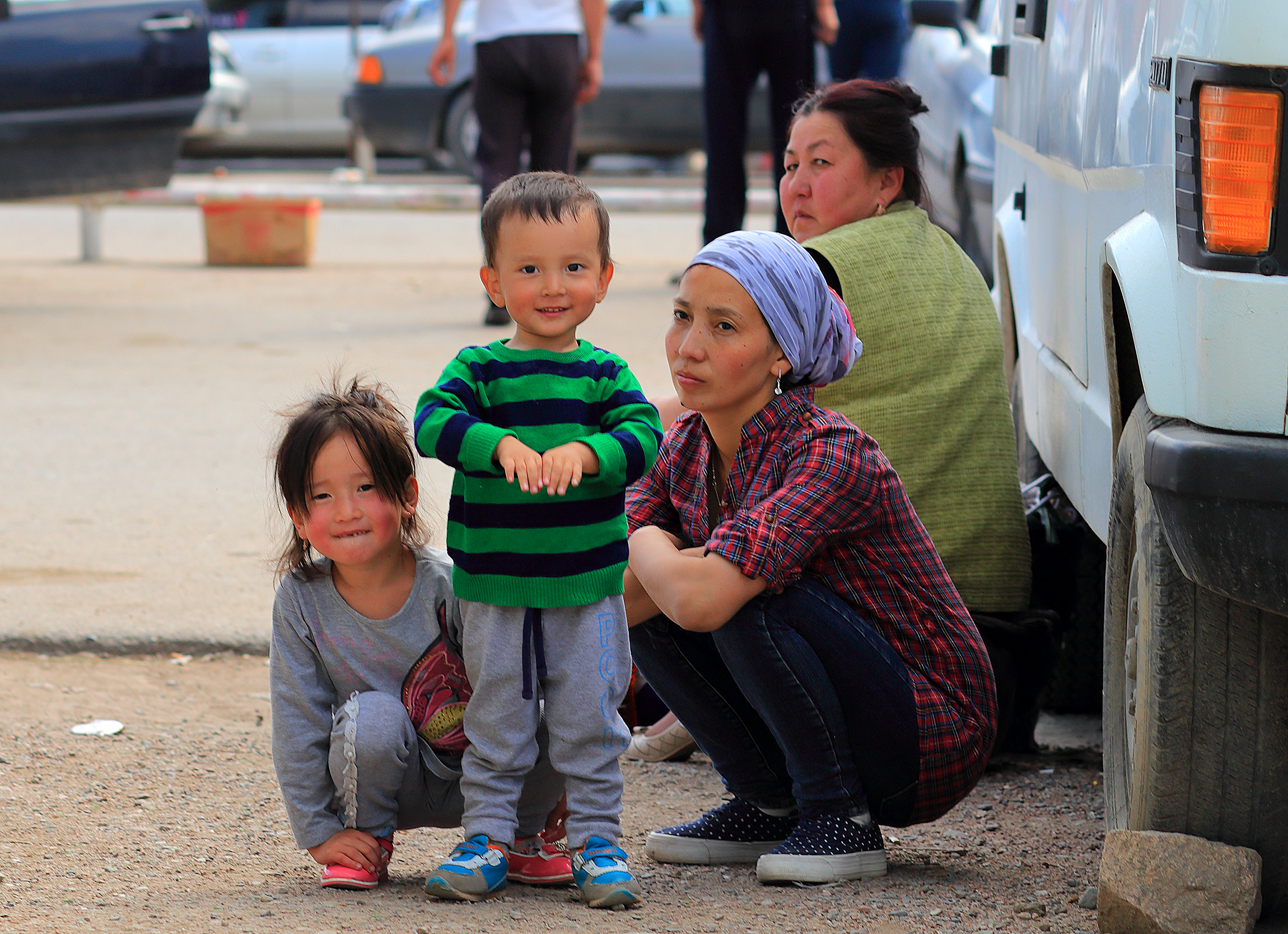
UN Treaty Bodies | Effective and coordinated response to reprisals is required
Experts and focal points from all UN treaty bodies have gathered for the first time in an attempt to identify and replicate good practices in preventing and responding to reprisals against individuals and groups who engage with the system.
When ADC Memorial and Human Rights Movement BirDuino Kyrgyzstan submitted a report to the UN Committee on the rights of migrant workers in March 2015, little did they know that the report would later come to be considered as “extremist material” and that they would be labelled as terrorist groups in a deliberate attempt to intimidate and silence them. The report focused on the situation of Kyrgyz migrant workers notably in Russia, and the obligations on Kyrgyzstan arising from the ratification of the International Convention on the protection of migrant workers.
When they were notified of this act of intimidation towards organisations which had submitted information ahead of a review, the Committee’s reaction was swift. In a letter made public, the Chair and Focal Point on reprisals raised a series of questions and reminded Kyrgyzstan of their obligation to refrain from committing reprisals against individuals who engage with treaty bodies.
“We were relieved and comforted by the Committee’s support in this difficult moment” says Olga Abramenko from ADC Memorial. “We hope that other treaty bodies can follow suit when confronted to similar situations”.
This was in substance Olga’s message to the first gathering of treaty body experts and focal points on reprisals, organised by ISHR jointly with the OHCHR, Amnesty International and UNTBnet on 12-13 December.
The gathering was held in response to a call by the chairs of treaty bodies on the occasion of their 2018 annual meeting to identify proposals, good practices and elements of a common approach concerning the roles of the treaty body rapporteurs and focal points on reprisals.
“The workshop evidenced a range of existing good practices on how treaty bodies can address reprisals and be responsive to victims” says Vincent Ploton, ISHR’s head of treaty body advocacy. “We were also delighted that on this occasion, treaty body experts were able to exchange for the first time with representatives from UN special procedures and discuss on how to coordinate and improve their common responses to reprisals”.
“We look forward to continuing our engagement with treaty body focal points, particularly ahead of the 2019 meeting of chairs” say ISHR’s reprisals focal point Madeleine Sinclair. “Participants insisted on the need for regular exchanges to enhance coordination and harmonisation of responses, and we’re keen to support that,” she concluded.
Contacts:
Madeleine Sinclair [email protected]
Vincent Ploton [email protected]
Photo: Thomas Depenbusch (Flickr)
